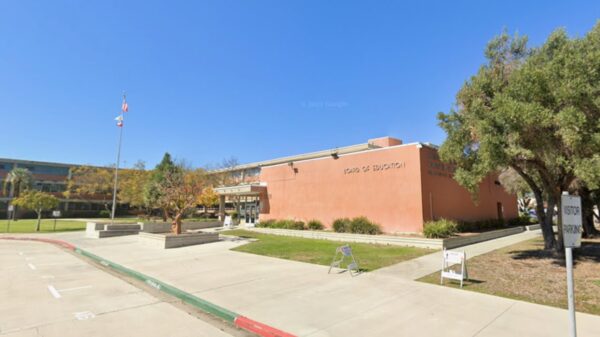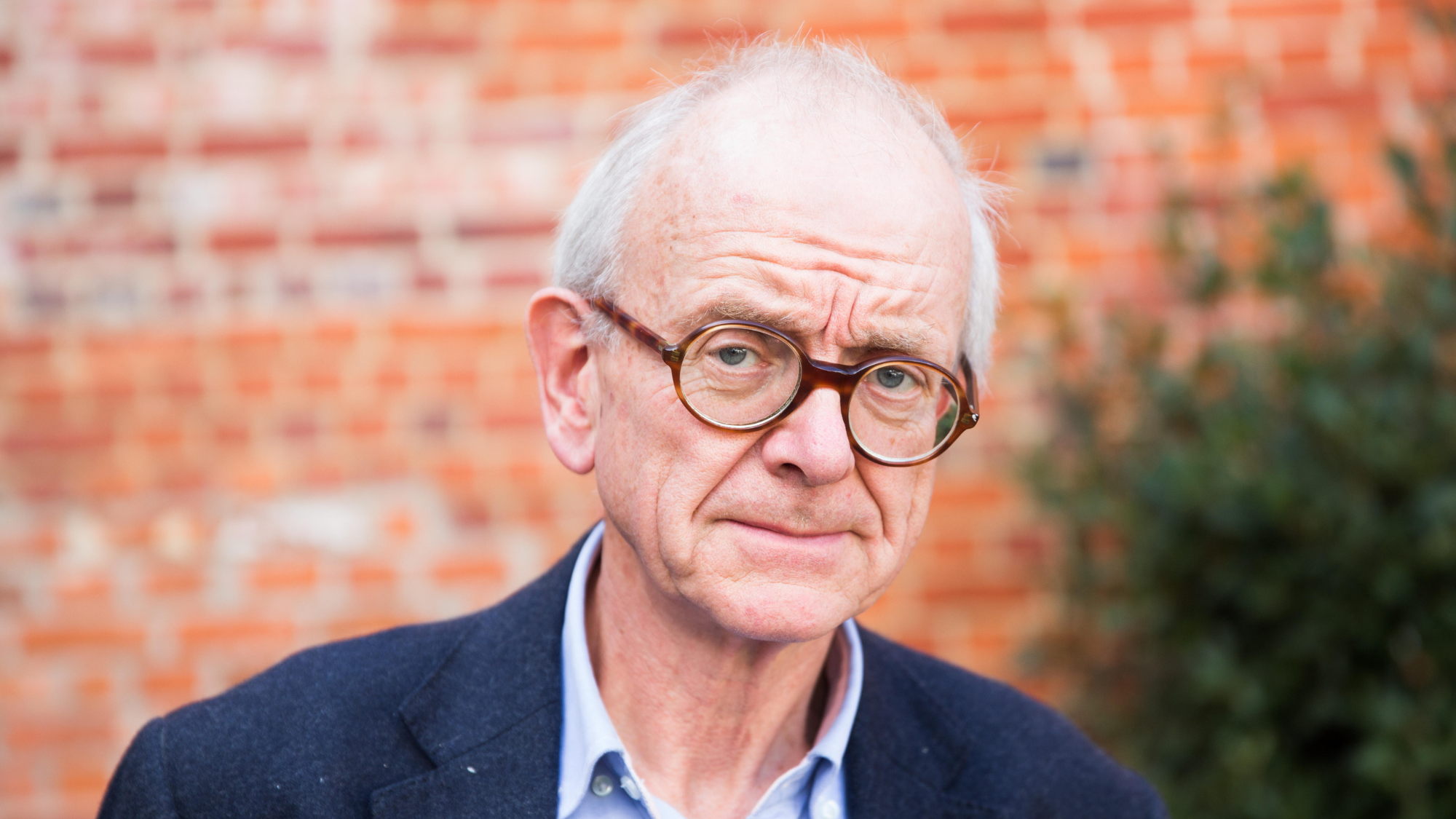A new documentary titled Confessions of a Brain Surgeon offers an intimate look into the life of renowned neurosurgeon Henry Marsh. The film, directed by Harriet Bird and Charlie Russell, features Marsh reflecting candidly on his career and personal struggles, including the emotional toll of his profession and his own health challenges. As Marsh battles prostate cancer, he confronts his past with a raw honesty that has resonated with audiences and critics alike.
Exploring the Depths of Regret and Redemption
Throughout the hour-long documentary, Marsh reveals his profound sense of regret over patients he feels he has failed. According to Carol Midgley in The Times, Marsh’s introspection is described as a journey into an “inner cemetery,” filled with “bitterness and regret.” This deep emotional exploration is intertwined with his experiences as a pioneering surgeon known for his use of “awake craniotomy,” a technique that allows patients to remain conscious during brain surgery.
The film is noted for its emotional depth and technical brilliance. Jack Seale from The Guardian describes it as “medically astounding and emotionally piercing,” emphasizing the documentary’s significance as a meditation on life. The filmmakers weave together home movie footage and interviews, including a poignant encounter between Marsh and a woman named Tina, whose son Max died from a brain tumour that was misdiagnosed by Marsh. This encounter leads to a moment of forgiveness, highlighting the human capacity for healing amidst pain.
A Critical Yet Compassionate Portrait
The documentary has garnered praise for its unflinching portrayal of Marsh, who at 75 years old grapples with the weight of his career successes and failures. Nick Duerden in The i Paper notes that while medical documentaries are common, Confessions of a Brain Surgeon stands out for its “discomfiting” yet “utterly gripping” narrative. Marsh’s self-criticism is striking; he reflects on his past with a focus on what went wrong, suggesting an almost “biblical” quest for redemption.
Interviews with significant figures from Marsh’s life, including his first wife Hilary, provide additional context. Hilary candidly describes Marsh as “arrogant” and “absent,” underlining the personal sacrifices often made by those in demanding professions. Marsh’s willingness to participate in such a critical examination of his life is seen as almost masochistic, yet it underscores his commitment to understanding his legacy.
Overall, Confessions of a Brain Surgeon is not just a documentary about medicine; it is a profound exploration of what it means to confront one’s past. The film has been described as “exceptionally affecting,” capturing the complexities of a life dedicated to healing yet haunted by loss. As audiences engage with Marsh’s journey, they are invited to reflect on their own experiences of regret, forgiveness, and the pursuit of redemption.








































































